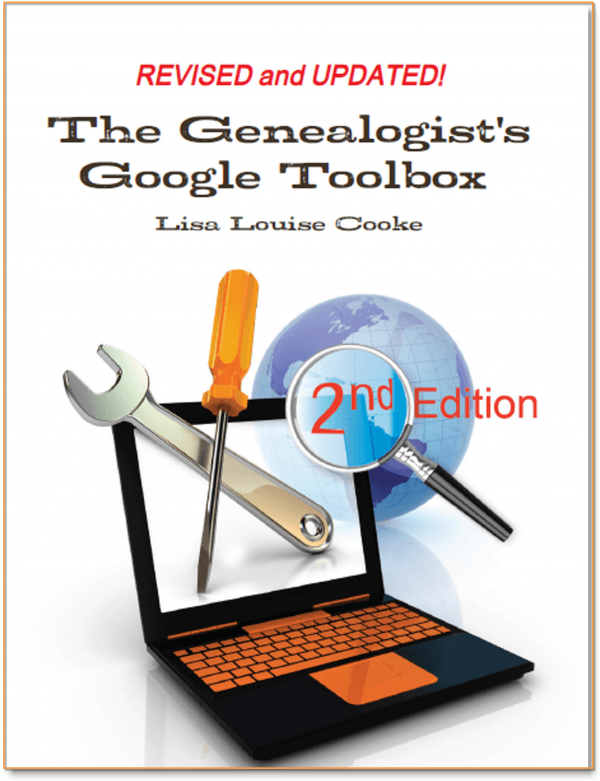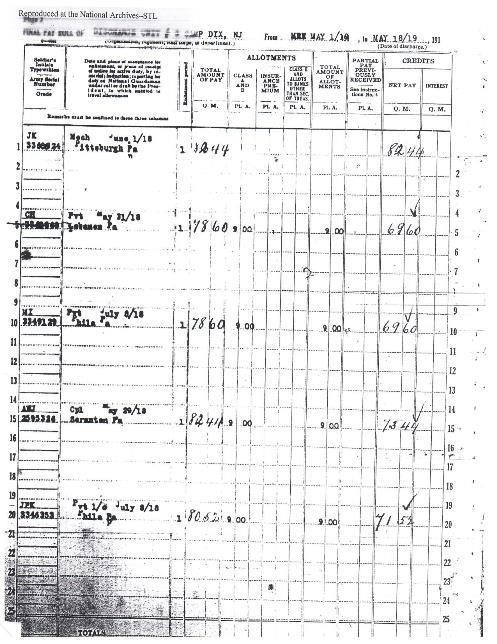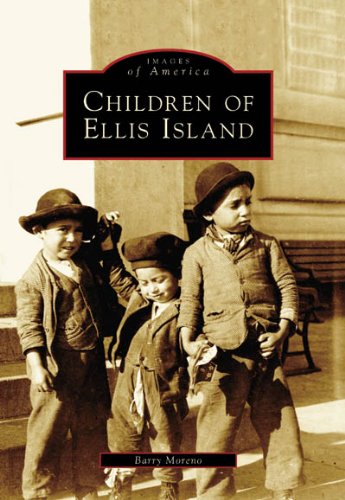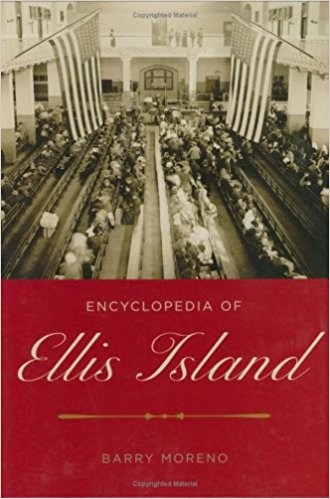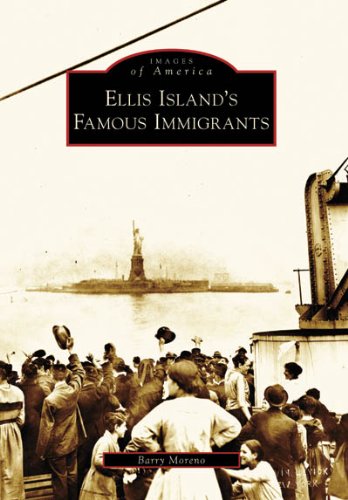The Genealogy Gems Podcast Episode #211 with Lisa Louise Cooke
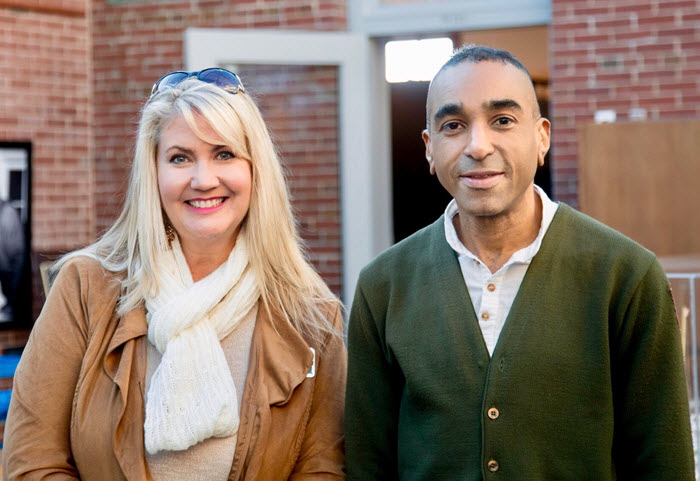
Photo Credit: Beth Forester
In this episode, host and producer Lisa Louise Cooke talks with Barry Moreno, Historian at Ellis Island. Hear about the life cycle of this busy U.S. immigration station (1892-1954) and Barry’s research into thousands of Ellis Island employees?men and women?who worked there.
HelloFresh: Visit hellofresh.com and use promo code gems30 to save $30 off your first week of deliveries.
More episode highlights:
Archive Lady Melissa Barker tells us about the National Archives Citizen Archivist program?and Lisa profiles a volunteer effort coordinated by the British Library to geo-tag thousands of old maps that are already online.
A giant genealogy lost-and-found! Two listeners write in about rescuing old artifacts and returning them to those who might be interested.
Military Minutes contributor Michael Strauss talks about Official Military Personnel Files for 20th-century US servicemen and women?files that were unfortunately partially destroyed. Hear what he learned about his grandfather.
NEWS
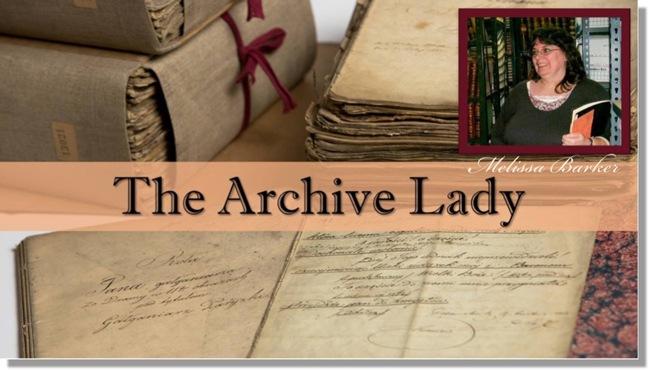
National Archives Citizen Archivist Project, reported by The Archive Lady, Melissa Barker
The British Library Georeferencing Project
Flickr Commons collection of digitized maps from the British Library Collections?mostly 19th century maps from books published in Europe.
Use Google Earth for genealogy! Check out these resources:
FREE Google Earth for Genealogy video
The Genealogist’s Google Toolbox, 2nd edition by Lisa Louise Cooke. This book has 7 full chapters on Google Earth! Available in print and e-book form.
Google Earth for Genealogy Video Training by Lisa Louise Cooke. Available now as a digital download.
NEW FOR GENEALOGY GEMS PREMIUM MEMBERS
“Share Your Life Stories More Meaningfully” Premium Video
Every life is fascinating when it’s well shared! Learn from the author of Story of My Life: A Workbook for Preserving Your Legacy what stories you have that are worth telling–and several inspiring reasons to write them. Review different kinds of memories, why some memories are more vivid that others, and how to flesh them out. Learn tips for researching gaps in your memories, how to turn a memory into a good story, what to leave out and several ways to share your stories.
BONUS CONTENT FOR GENEALOGY GEMS APP USERS

If you’re listening through the Genealogy Gems app, your bonus content for this episode is a preview of the new Premium video class, “Share Your Own Life Stories More Meaningfully” by Contributing Editor Sunny Morton. The Genealogy Gems app is FREE in Google Play and is only $2.99 for Windows, iPhone and iPad users
MAILBOX: ROLAND’S HEIRLOOM RESCUE

MAILBOX: NEW LISTENER PHOTO RESCUE PROJECT
What can you do with a collection of unidentified photos?
Return them to a loving home. In this case, it was a local historical society. Linda wisely kept the collection together because often there’s power in what some of the photos may tell you about others.
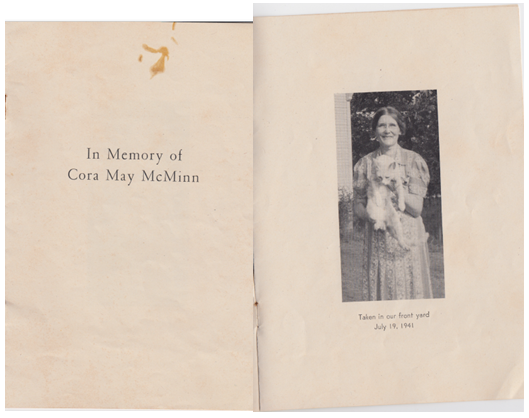
Get them digitized and online so those who want them can find them. The historical society put images on Find A Grave memorials and Iowa GenWeb. They even plan to display them for locals to look at personally and try to identify!
Historical and genealogical societies can also share mystery photos on their websites (or their local library’s website if they don’t have their own) or on their blogs, Facebook pages or even in their regular newsletters. These are great conversation pieces, especially when you can later report that you have solved the mystery! (Click here for more tips aimed at supporting genealogy societies.)
Photo mystery SOLVED: Savvy tips to identify old photos
Lisa Louise Cooke uses and recommends RootsMagic family history software. From within RootsMagic, you can search historical records on FamilySearch.org, Findmypast.com and MyHeritage.com. RootsMagic is now fully integrated with Ancestry.com: you can sync your RootsMagic trees with your Ancestry.com trees and search records on the site.
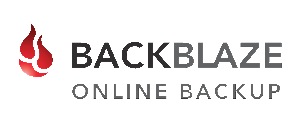
Keep your family history research, photos, tree software files, videos and all other computer files safely backed up with Backblaze, the official cloud-based computer backup system for Lisa Louise Cooke’s Genealogy Gems. Learn more at https://www.backblaze.com/Lisa.
MILITARY MINUTES: OFFICIAL MILITARY PERSONNEL FILES
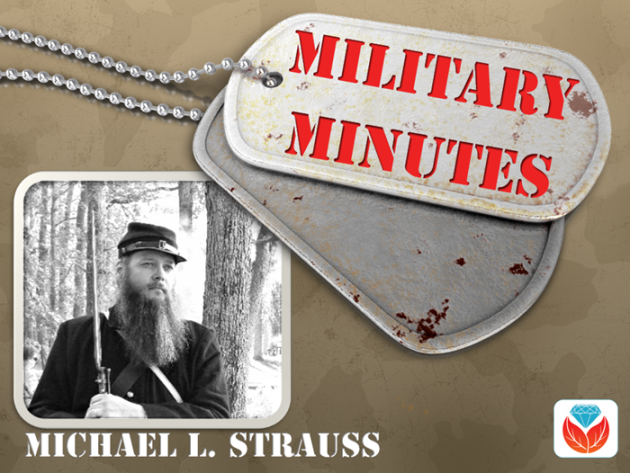
The military service files for your ancestors who served during the twentieth century or later are located at the National Personnel Record Center in St. Louis, MO as part of the National Archives. The files are called the Official Military Personnel Files (OMPF) and are available for each of the military branches; namely; Army, Navy, Air Force, Marines, and Coast Guard.
Researchers should be keenly aware of the devastating fire that occurred on July 12, 1973 at the research facility that destroyed or damaged between 16-18 million service files from the United States Army and the Air Force. Remember that the Air Force wasn’t officially organized until September 14, 1947. Before this date Air Force records were part of the United States Army Air Corps, then part of the U.S. Army.
National Archives at St. Louis. Overview of the holdings, media articles and PowerPoint presentations (download as PDFs)
The 1973 Fire at the National Personnel Record Center in St. Louis, MO
Official Military Personnel Files (OMPF) Non-Archival Holdings
Official Military Personnel Files (OMPF) Archival Holdings
Archival Research Room at the National Personnel Record Center (Request an Appointment, Availability of Records, Copy Fees, Hours of Operation, Hiring a Researcher)
Request Military Service Records (Online request for Veterans, Standard Form 180, or For Burials and Emergency Requests)
Mail Order Request for Record from the National Personnel Record Center (SF 180)
Zerbe H. Howard
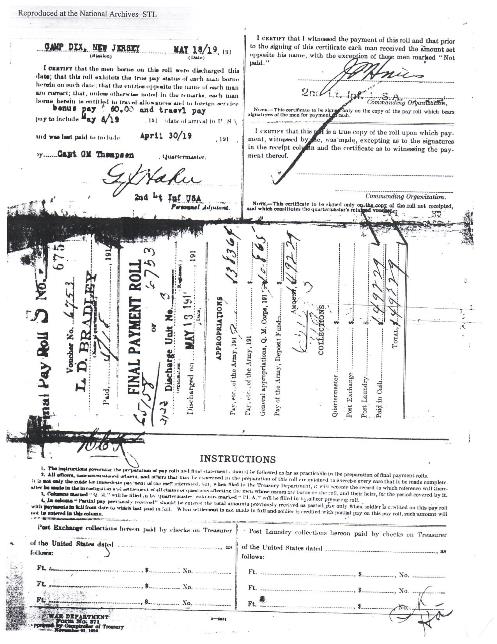
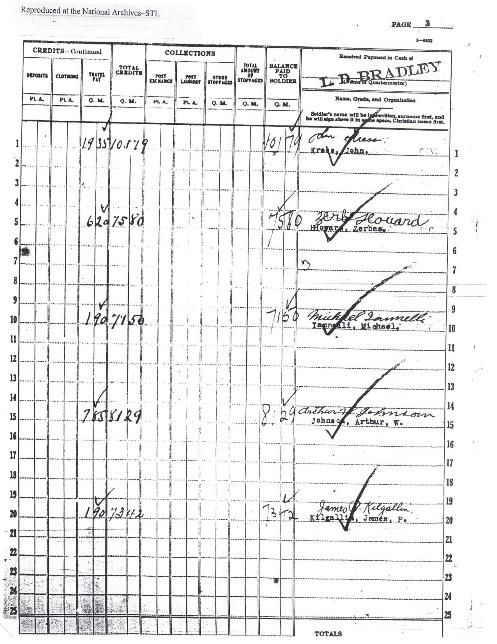
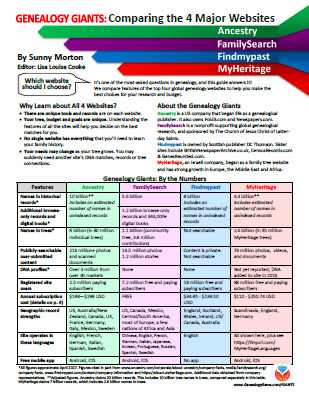
 Start creating fabulous, irresistible videos about your family history with Animoto.com. You don’t need special video-editing skills: just drag and drop your photos and videos, pick a layout and music, add a little text and voila! You’ve got an awesome video! Try this out for yourself at Animoto.com.
Start creating fabulous, irresistible videos about your family history with Animoto.com. You don’t need special video-editing skills: just drag and drop your photos and videos, pick a layout and music, add a little text and voila! You’ve got an awesome video! Try this out for yourself at Animoto.com.
Watch the video below for an example of a family history video made with Animoto:
MyHeritage.com is the place to make connections with relatives overseas, particularly with those who may still live in your ancestral homeland. Click here to see what MyHeritage can do for you: it’s free to get started.
INTERVIEW: BARRY MORENO, ELLIS ISLAND HISTORIAN
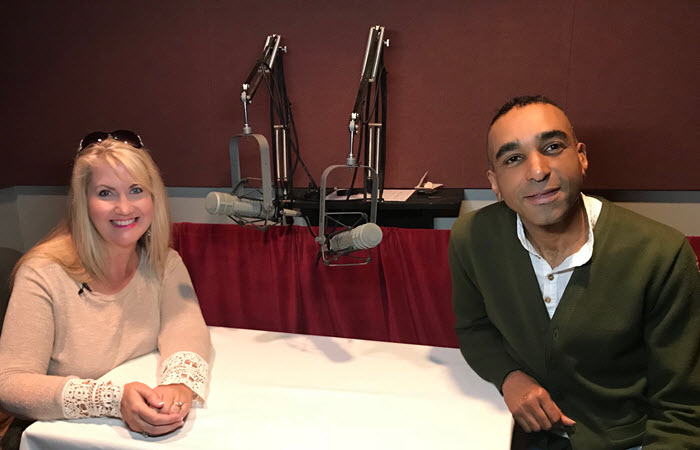
Photo Credit: Beth Forester
Barry Moreno is a leading authority on the history of Ellis Island, the famous receiving station for millions of immigrants to the United States from 1892-1954. He has worked in the Museum Services Division at Ellis Island for more than a decade. He is the author of several books, including Children of Ellis Island, Ellis Island’s Famous Immigrants (including Bob Hope, Bela Lugosi, and Max Factor) and Encyclopedia of Ellis Island (which includes information on displaced persons).
Ellis Island: Historical highlights
Prior to 1890, immigration was handled by the states (primarily New York, as most passed through the Port of New York).
1920-1921: New regulations cut down immigration dramatically. Each country had quotas that could not be exceeded. New regulations were passed requiring immigrants to
- have a passport from their home country
- have medical examinations
- pay a tax to the American Consulate in their home country.
During the last 30 years, Ellis Island mostly handled immigrants who were “in trouble.”
Starting in the 1930s some immigrants arrived by air (Colonial Airways from Canada). After WWII, Air France started service, and German and Italian airlines came in the 1950s.
Ellis Island was closed in 1954 by President Eisenhower. Immigrants who were still detained when it closed were sent to jails.
After 1954, Ellis Island was still used by the Coast Guard for training and by the Public Health Services department.
Barry’s research on workers at Ellis Island:
Most employees were men. Interestingly, blue collar men tended to die before age 60, and better educated ones lived much longer.
Female employees were typically widows, unmarried or had husbands who did not support them. “Char woman” was a common role held by Irish, Swedish and German women. Char means “chores” (cleaning women). They worked often for about $400/ year with no pension, and lived to old ages.
A nursery was opened at Ellis Island; many Christian missionaries worked there. Ludmila Foxlee (1885-1971) was one of them, a social worker with the YWCA. Click here to read more immigrant aid workers at Ellis Island.
Three more great resources for discovering the stories of your immigrant ancestors:
What was it like to land on Ellis Island? Read this article and watch (for free) an award-winning, official documentary)
If your search at the Ellis Island website doesn’t retrieve your ancestors, head on over to Stephen P. Morse’s One Step Pages. There you will find dozens of links to search resources, including the Ellis Island Gold Form for arrivals between 1892 and 1924. Even the folks at Ellis Island refer researchers to Morse’s site. Listen to Lisa’s interview with Stephen Morse in Genealogy Gems Podcast episode #153.
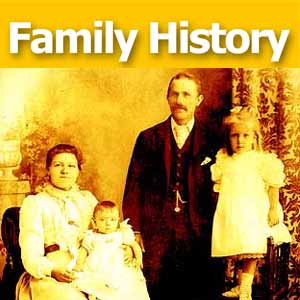 In Lias’s free Family History: Genealogy Made Easy Podcast (episodes 29-31), genealogist Steve Danko covers immigration and naturalization records in depth and even offers up some little-known tips about deciphering some of the cryptic notes researchers often find on passenger lists.
In Lias’s free Family History: Genealogy Made Easy Podcast (episodes 29-31), genealogist Steve Danko covers immigration and naturalization records in depth and even offers up some little-known tips about deciphering some of the cryptic notes researchers often find on passenger lists.
PROFILE AMERICA: FIRST COMMERCIAL RADIO BROADCAST
PRODUCTION CREDITS
Lisa Louise Cooke, Host and Producer
Sunny Morton, Editor
Diahan Southard, Contributor: Your DNA Guide
Melissa Barker, Contributor: The Archive Lady
Michael Strauss, Contributor: Military Minutes
Hannah Fullerton, Production Assistant
Lacey Cooke, Service Manager
Disclosure: This page contains affiliate links and Genealogy Gems will be compensated if you make a purchase after clicking on these links (at no additional cost to you). Thank you for supporting this free podcast and blog!
Sign up for our FREE newsletter:
Subscribe to the Genealogy Gems newsletter to receive a free weekly e-mail newsletter, with tips, inspiration and money-saving deals.

